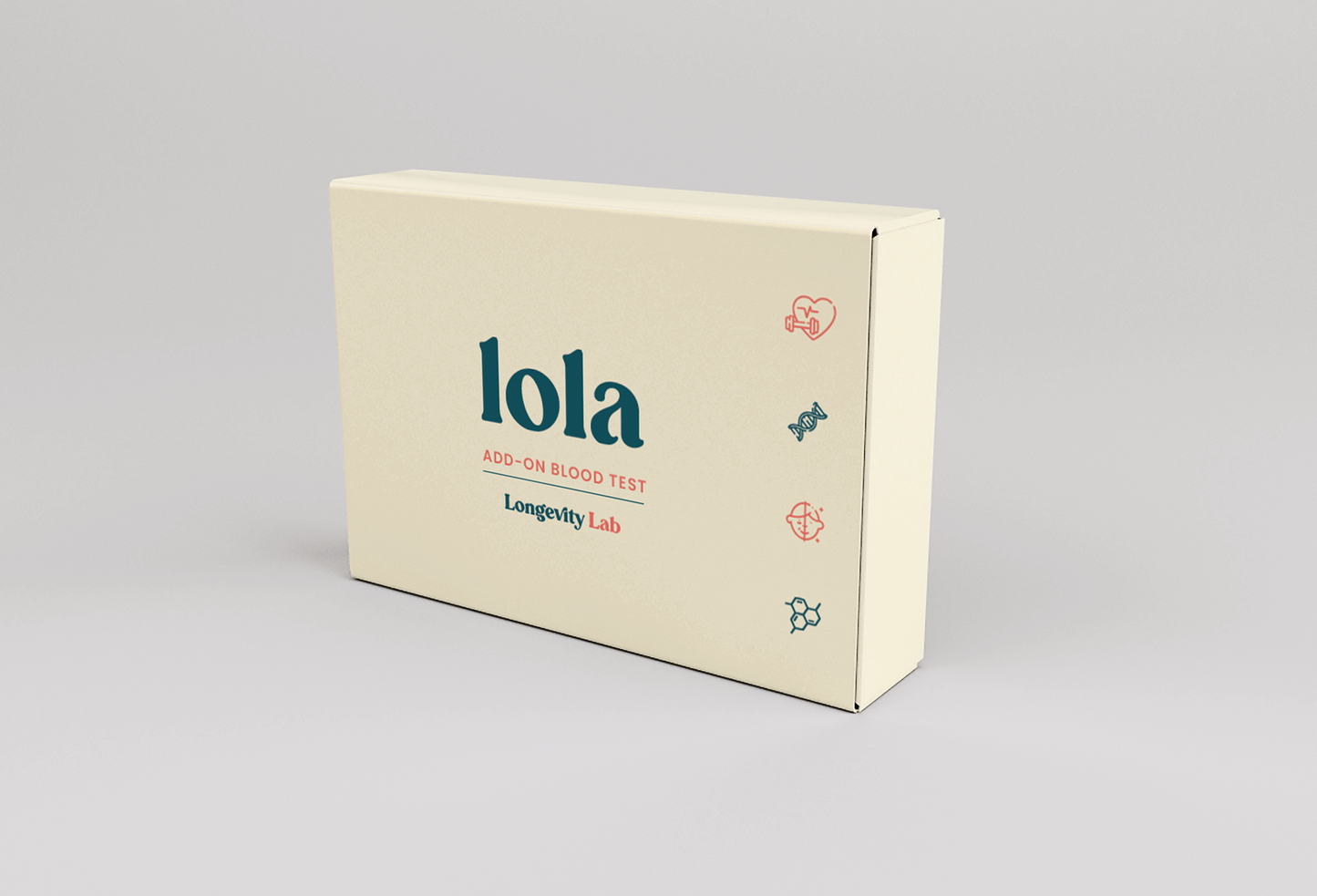
About this test
Symptoms
Who should be test
When to test
What's measured
What gets tested
Complete panel for your health
Full Blood Count

About this test
Symptoms
Who should be test
When to test
What's measured
What gets tested


